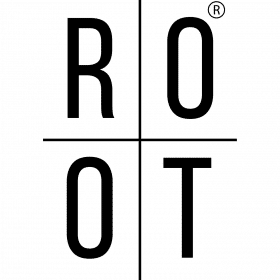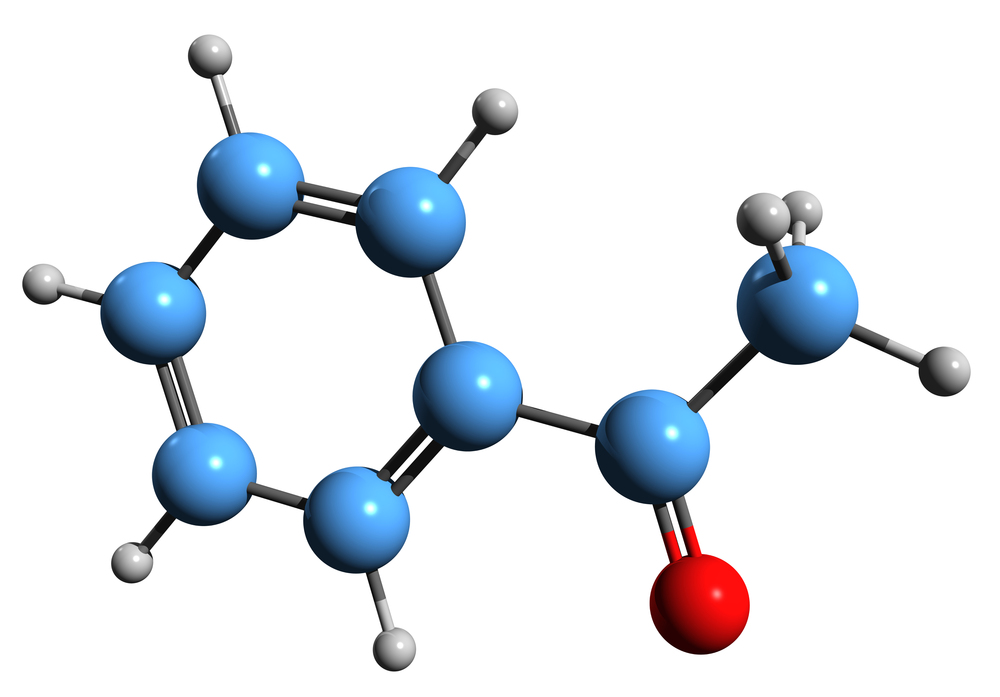DNA Methylation Tests
We’ve all heard of DNA tests before. They can provide us with a variety of information – from our ancestry to possible health risks. A DNA methylation test is one of those tests that can help us understand our genetic makeup and what those genes might say about the potential for inherited health concerns.
A DNA Methylation test will tell you more than just what genes you have. It can give you clues as to which genes are “turned on.” Often, this is called epigenetics. This epigenetic information is more powerful and actionable than just running raw DNA scans and helps you identify which life changes to prioritize.
Using these tests and understanding the patterns, scientists can identify connections between how our genes act and various health conditions, including mental health disorders and heart diseases. This information is a big part of getting accurate health information, preventing health conditions, and taking better care of our overall health.
What is Methylation?
Methylation is a natural process that occurs in every cell in our bodies and is responsible for how our genes work. It’s sort of like a small switch that can turn genes on or off without changing your DNA. This switch works by adding a small molecular group of one carbon atom and three hydrogen atoms—think of it as a tiny tag—onto DNA, which then becomes the methyl group.
This tagging mainly happens at specific spots in our DNA where certain genetic building blocks, cytosine and guanine, sit next to each other. Depending on where these tags are added, they can reduce or boost the activity of genes in those spots.
Why does this matter to us? Methylation is key to many of our body’s critical functions. It helps guide how babies develop in the womb, plays a role in turning off one of the X chromosomes in females, and keeps our genetic material stable by controlling repetitive sequences that could disrupt it. The pattern of these methyl tags changes as we age. They can also be influenced by our environment and lifestyle and can, therefore, be linked to health issues and diseases like cancer.
How Does DNA Methylation Affect Gene Expression?
DNA methylation works to determine whether something in our genes is active or inactive. This process directly influences whether a gene is “on” or “off.” When a DNA segment gets tagged with methyl groups, these act like barriers. They block certain proteins that normally latch onto DNA to initiate gene activity. As a result, genes in those methylated areas are essentially silenced.
On the other hand, when DNA doesn’t have these methyl tags, it’s like removing a blockade. Not having the tags allows the necessary proteins to attach to the DNA sequence and start the process of activating the gene. Once the gene is active, it can start the process of helping to create RNA, which is an important step in making proteins that our cells need to function.
What is a Methylation Test?
Like any DNA test, a methylation test examines your DNA. It specifically looks at the genes that help with the methylation process. These tests focus on identifying the differences in the genes within this pathway and understanding when these genes might be working the way they should.
When a methylation test shows that the gene isn’t working, it’s basically pointing out which genes are supposed to be inactive but are staying on and which genes are supposed to be on but are staying inactive.
What Can You Learn From a DNA Methylation Analysis?
We can learn a lot about our health by identifying biomarkers that could show the presence of diseases and conditions like cancer, obesity, and addiction. Here are some of the genes we can learn about through DNA methylation analysis.
MTHFR
This gene gives your body instructions for creating an enzyme that’s important for processing folate (vitamin B9) into its active form, 5-MTHF, which can help with your mood, energy levels, digestion, and more. If the process is disrupted, it can lead to a deficiency in folate. Also, the MTHFR enzyme plays an essential role in breaking down the amino acid homocysteine. Having too high homocysteine levels can be a risk factor for heart disease.
MTR
The MTR gene directs the production of methionine synthase (MS), an enzyme that changes homocysteine into methionine. This change is important and cannot occur without methylated B12. Changes in this gene can impact your body’s ability to process homocysteine. Again, this raises the risk of developing cardiovascular disease and other conditions like dementia, digestive disorders, and even cancer.
MTRR
The specific gene works by telling your body how to produce the methionine synthase reductase (MSR) enzyme. This enzyme is responsible for keeping the methionine synthase enzyme active. Together, these enzymes help transform homocysteine into methionine. A variation in the MRTT gene can cause one or both of these enzymes to function poorly, which can cause high homocysteine levels. This can lead to health issues such as depression, high blood pressure, and Parkinson’s disease.
COMT
The COMT gene is vital for the production of catechol-O-methyltransferase (COMT). This is an enzyme that helps break down chemicals in the brain, like dopamine and epinephrine. The COMT enzyme is particularly important in the prefrontal cortex, which is the emotion, planning, and self-control part of the brain. Different variations in this gene can influence behaviors and are linked to an increased risk of mental health disorders.
Through DNA methylation analysis, you can gain a better understanding of your genetic predispositions and possible health risks.
What is a Critical Biochemical Methylation Pathway?
What does “critical biochemical methylation pathway” mean? This term describes a vital series of chemical reactions in our bodies where methyl groups are attached to different molecules, including DNA, proteins, and other substances.
Methylation analysis goes beyond just epigenetic regulation. It helps with clearing toxins from the body and producing chemicals (neurotransmitters) that help your brain cells communicate. These are necessary functions for keeping your body healthy and working normally.
The DNA methylation pathway profile is considered important because any issues in the process can cause a variety of health problems. If the methylation status isn’t working right, it can affect everything from mental health to the risk of chronic diseases.
DNA Methylation Patterns and Detection
DNA methylation is the process that plays a critical role in our genetic lifecycle. These patterns are not set in stone and are usually wiped clean and recreated in each generation. Resetting this process helps to maintain diversity in our genes and makes sure that we develop properly from one generation to the next.
To observe and analyze these patterns, scientists use detection techniques like methylation-specific PCR (MSP) and whole genome bisulfite sequencing (BS-Seq), which are particularly useful. Sounds complicated, right? Essentially, these techniques give researchers the ability to take a closer look at how methyl groups are distributed across the genome, which provides them with a detailed map of how genes are turned on or off and how this affects health and disease.
How to Test for Methylation
Wondering how you can check the status of methylation in your body? Testing for methylation typically involves examining specific indicators in your DNA that reflect how well methylation processes are functioning. These indicators, found through DNA methylation studies, can reveal much about your genetic blueprint and the health risks you might face.
The most common way these tests are done is through blood or saliva samples. Once you give your sample, it’s sent to a lab for analysis. The lab techs there will look at your DNA and search for particular methylation patterns that could provide clues about your health.
Advantages of Genetic Methylation Tests
Having a genetic methylated DNA test done can give you information about how your body’s genetics are made up and how that can influence how you manage your health. Here are some of the benefits of these tests.
Personalized Supplementation
DNA tests that examine gene expression can give you an idea about how minerals and nutrients work within your body. These tests can identify what areas you might be lacking so you can ensure you’re getting the right nutrients in your body. For example, a variation of the MTHFR gene might show you that you need more methylfolate (or folic acid).
Disease Prevention
Understanding your genetic makeup through DNA methylation profiles can help you determine what health issues you might be at risk for and give you ideas for how to reduce those risks. For example, an irregularity in methylation genes might put you at a higher risk for things like heart diseases, neurological conditions, or certain cancers.
Optimization of Mental Health
These tests can help you improve your mental health by identifying the variations in these genes that might impact the production of the chemicals in your brain. This knowledge can help you develop ways to prevent mental health conditions from becoming a problem.
DNA methylation tests can be helpful tools that help us understand the ways our genes impact our health by providing us with possible information about predispositions to disease and health issues, as well as how our environment might affect our genes. By knowing this, we can take a more active role in managing our health and well-being.




 What is ROOT Prime and what are its Benefits?
What is ROOT Prime and what are its Benefits?